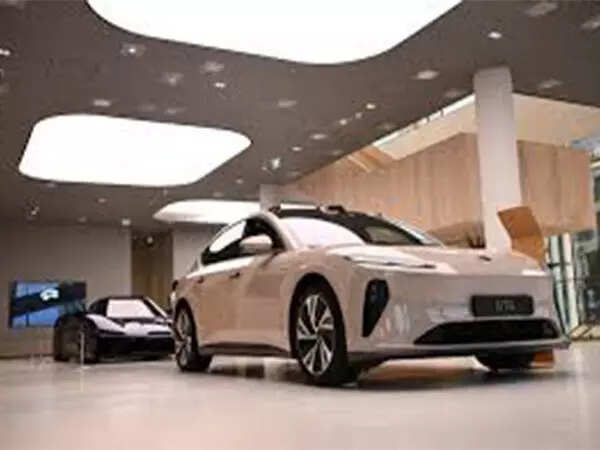
Chinese automakers could more than double their overseas full-process manufacturing capacity to beat punitive import tariffs and meet surging demand in emerging markets, according to BloombergNEF.
Exports and knockdown assembly – where key parts of cars are made in China then shipped overseas for assembly – have traditionally been Chinese manufacturers‘ preferred approach to tapping foreign markets. But as jurisdictions including the US, the European Union and Turkey impose tariffs, investments in full-process manufacturing are booming, according to the report.
“As the electric vehicle market in China saturates, increasing domestic competition and overcapacity are pushing Chinese EV brands abroad in search of new growth markets,” BNEF said in the report, released Wednesday.
Chinese carmakers have built and commissioned full-process manufacturing plants across nine countries, with an annual production capacity of 1.2 million vehicles as of 2023. That’s set to more than double to 2.7 million units in over a dozen countries by 2026 if company announcements are all delivered on time, BNEF said.
Popular locales include Thailand, Indonesia and Brazil. Chinese automakers are also expanding into Southeast and Central Asia, Latin America and the Middle East.

